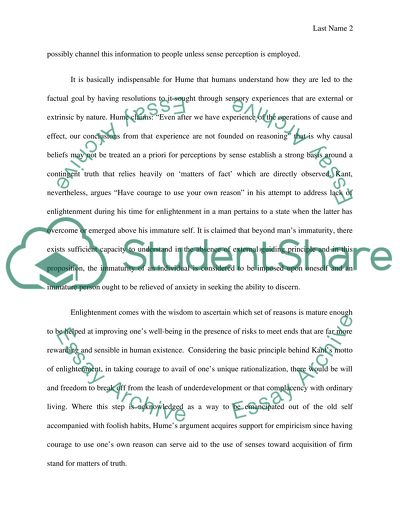Philosophy of David Hume in response to Rene Descartes Essay. Retrieved from https://studentshare.org/philosophy/1592815-philosophy-of-david-hume-in-response-to-rene-descartes
Philosophy of David Hume in Response to Rene Descartes Essay. https://studentshare.org/philosophy/1592815-philosophy-of-david-hume-in-response-to-rene-descartes.


